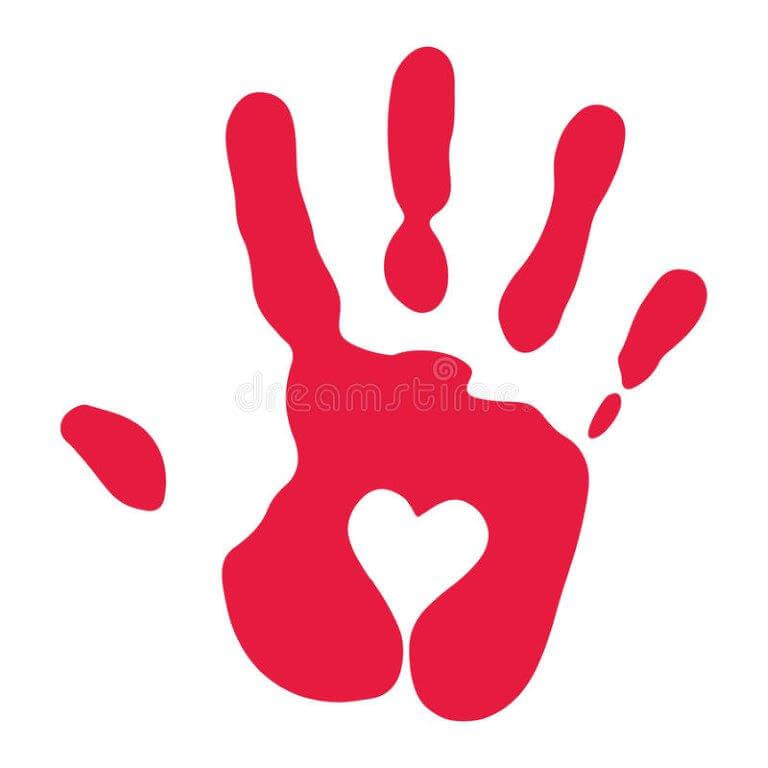Abuse isn’t always physical. Some of the most damaging wounds are the ones we can’t see—
those inflicted through manipulation, gaslighting, and emotional control. Narcissistic and
psychological abuse are often misunderstood, overlooked, or dismissed. Yet, for those who have
lived through it, the effects can be long-lasting and deeply painful. Because of the stress a
person experiences while in an abusive relationship, many times there are serious physical health
impacts such as the onset of auto-immune disorders, increased blood pressure, and even hair
loss.
What Is Narcissistic Abuse?
Narcissistic abuse stems from individuals who have narcissistic traits or suffer from Narcissistic
Personality Disorder (NPD). At its core, narcissism involves an inflated sense of self-importance,
entitlement, a deep need for admiration, profound insecurity and emptiness, and a little to no
empathy for others. Nowadays, the term “narcissist” is often mis/over-used. Narcissism exists
on a spectrum. Just because someone has narcissistic traits doesn’t mean they qualify for a
diagnosis of NPD. And only mental health (or other qualified professionals) can diagnose NPD.
When someone with these traits forms a close relationship—romantic, familial, or professional—
it’s very common for them to use manipulation, control, and emotional exploitation to maintain
dominance. Narcissistic abuse is often subtle at first, but over time, it erodes a person’s self-
worth, autonomy, and emotional stability.
Common signs of narcissistic abuse:
- Gaslighting – Making you question your memory, reality, or sanity.
- Love bombing followed by devaluation – Intense affection early on, later replaced with
criticism, withdrawal, or contempt. - Silent treatment or stonewalling – Withholding communication as punishment.
- Blame-shifting – Never taking responsibility; making you feel like the problem.
- Triangulation – Bringing in others to validate the narcissist or turn people against you.
- Emotional invalidation – Dismissing your feelings or accusing you of being too
sensitive or dramatic.
What Is Psychological Abuse?
Psychological abuse (also called emotional abuse) is a broader term that includes any pattern of
behavior intended to manipulate, intimidate, isolate, or belittle someone emotionally or mentally.
While narcissistic abuse is a specific form of psychological abuse, not all emotional abusers are
narcissists.
Psychological abuse may involve: - Constant criticism or ridicule
- Name-calling or personal attacks
- Threats, intimidation, or controlling behavior
- Isolation from friends or family
- Undermining your confidence or decisions
- Monitoring your actions or whereabouts excessively
Over time, this kind of abuse can cause a whole host of mental and physical health concerns such
as anxiety, depression, PTSD, and a shattered sense of self.
Why It’s So Hard to Recognize
One of the most painful aspects of narcissistic and psychological abuse is how invisible it can be.
There are no bruises, no obvious signs. Because of the manipulation and gaslighting that a
person experiences, many victims doubt their experiences or feel too ashamed to speak up.
Abusers are often charming in public and skilled at hiding their behavior behind closed doors. A
person may also fear the repercussion of outing their abuser.
It’s also common for victims to internalize the abuse—believing they’re too sensitive, needy, or
to blame for the dysfunction. As hard as this may be to believe, some people are so damaged by
this type of abuse that they can even convince themselves they deserve it. And that they don’t
deserve anything better.
The Long-Term Impact and Path to Healing
The long-term impact of narcissistic and psychological abuse can be vast. Survivors often
struggle with things like low self-esteem, chronic self-doubt and guilt, trust issues,
hypervigilance, and difficulty forming or maintaining relationships.
But healing is possible. And you don’t have to heal alone. It is my passion to help clients find
their path to healing. In therapy, we process the abuse so you can fully understand how your
experience has affected you, learn about healthy communication and boundaries, learn tools to
rebuild self-esteem, and learn about the early warning signs (“pink” flags) to be cautious about in
future relationships to protect yourself.
The path to healing looks different for each person. Recognizing the abuse you’ve experienced
is the first step in your healing journey. You must understand (and accept) that what happened to
you was real and NOT your fault! Seek out support, whether that’s through therapy, support
groups, or trusted friends and family; connection is key to healing. Rebuilding your identity is so
important because abuse often leaves you questioning who you are. It’s paramount to reconnect
with your interests, hobbies, strengths, and values. Activities like journaling, creative outlets,
and self-reflections can aid in rediscovering who you are. Learning to set and enforce
boundaries cannot be overstated. If possible, limit or end contact with your abuser. If you must
remain in contact, “gray rock” techniques and strict boundaries can help protect your peace and
serenity. And finally, practice self-compassion. Healing isn’t linear, it’s cyclical. There will be
setbacks and hard days. Be kind to yourself in the process.
Psychological and narcissistic abuse are deeply damaging, but they don’t have to define you.
Your experience matters, your voice matters, and you are not alone. With the right support and
care, you can heal and reclaim your power. You deserve safety, dignity, and respect.
If you or someone you know is experiencing abuse of any kind, please don’t wait to seek
help.
Other resources for support:
- National Domestic Violence Hotline (US): 1-800-799-SAFE (7233)
- The Narcissistic Abuse Recovery Podcast
Books: “The Body Keeps the Score” by Bessel van der Kolk, “Psychopath Free” by Jackson
MacKenzie, “Whole

